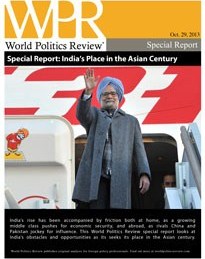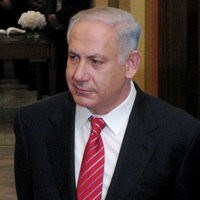
After three days of voting that began over the weekend, participants in a one-sided referendum held in the disputed Abyei region on the border between Sudan and South Sudan voted overwhelmingly to join the South. The vote is not binding, but depending on the reaction, the outcome could have the potential to pull these countries even further apart. With only one of two ethnic groups in the region participating, the lopsided outcome was widely expected. What remains to be seen is how people will react to the vote both in the region and in the two national capitals. “There could […]
















